Kristina Schwamborn, Technical University Munich
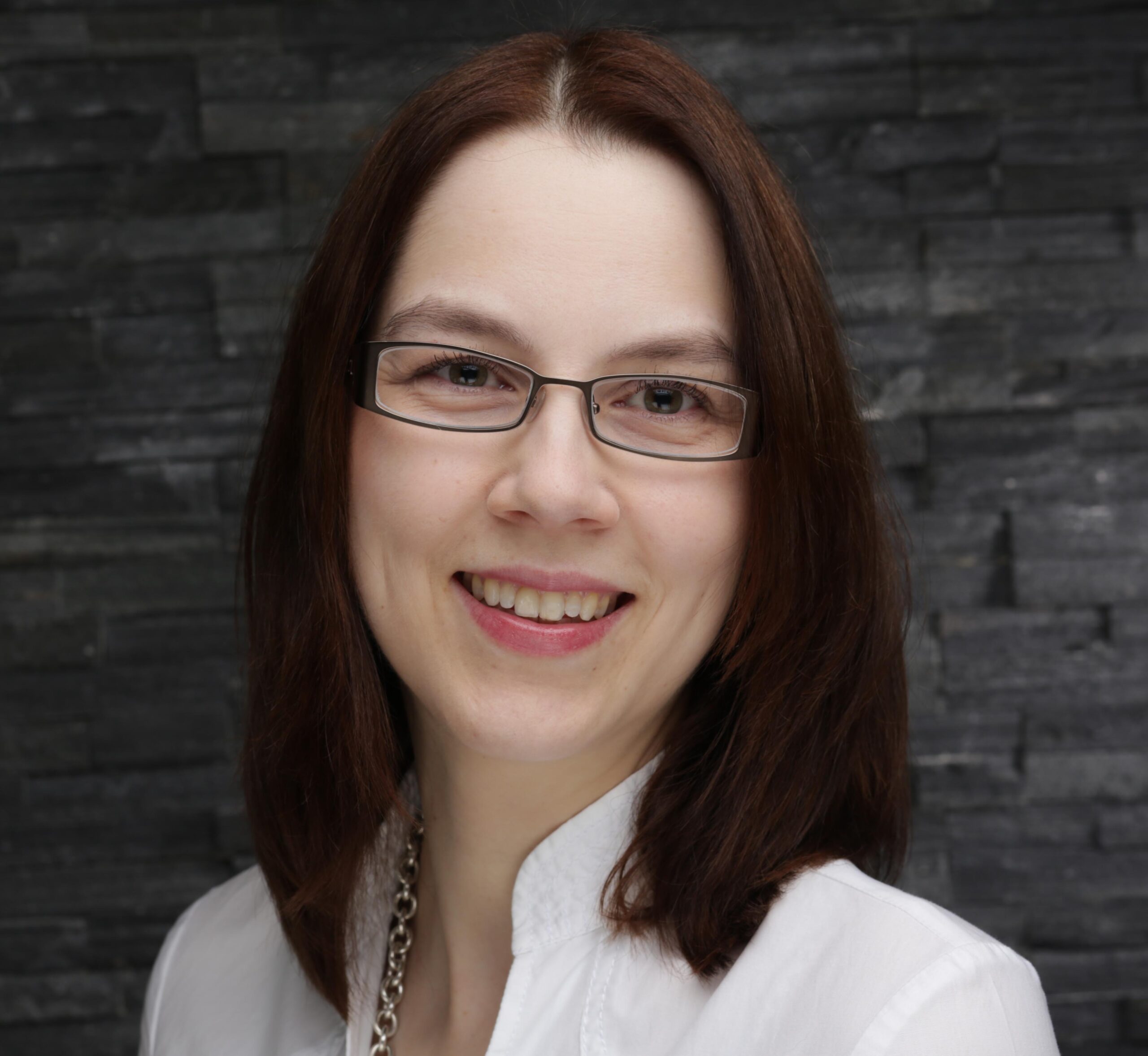
Kristina Schwamborn is a consultant at the Institute of Pathology, TU Munich, Germany. She received her M.D. from Heinrich-Heine-University in Dusseldorf, Germany. Dr. Schwamborn also holds a PhD from RWTH Aachen University for developing different proteomic assays in search for prostate and bladder cancer biomarkers. Between 2008-2010 she joined the group of Prof. Richard Caprioli in the Department of Biochemistry, Vanderbilt University to utilize imaging mass spectrometry in different clinical applications including diagnosis and risk stratification in prostate cancer. In 2010 she joined the Institute of Pathology, TU Munich and took her board examination in Anatomical Pathology in 2015. Her current research focus centers on the application of MALDI imaging mass spectrometry in pathology diagnosis and risk stratification.
David Gomez-Varela, University of Vienna
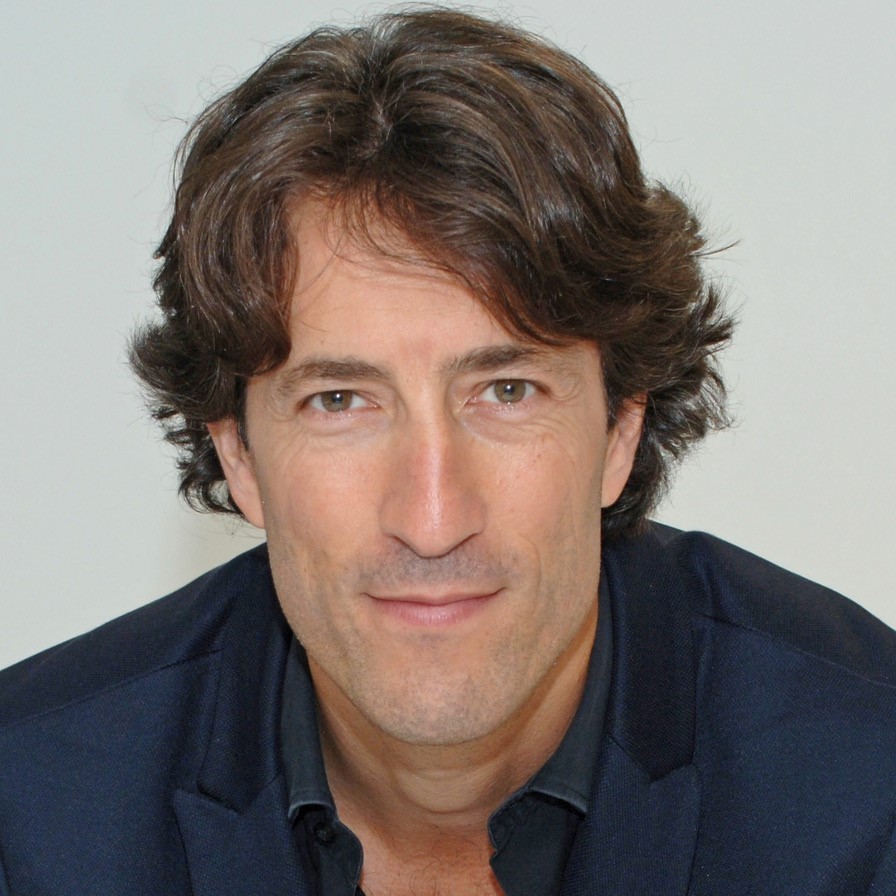
David Gómez-Varela is a Scientist at the Division of Pharmacology and Toxicology, University of Vienna. He earned his PhD in 2003 in Spain, studying ion channels using biophysical, molecular biology, and mathematical tools. He completed postdoctoral training in neurobiology at the Max Planck Institute and the University of California San Diego, where he utilized single-particle imaging, electrophysiology, and MS to understand synaptic plasticity. David led the Systems Medicine Innovation laboratory at the Max Planck Institute until 2021, where his team developed technological solutions for individualized molecular fingerprints, including the first PCR-pocket device and a disease-outcome prediction algorithm in COVID-19 pandemic. His current research focuses on the role of the human microbiome in health and disease using mass spectrometry, pioneering the field of metaproteomics in Austria.
Boryana Petrova, Harvard Medical School/Medical University Vienna
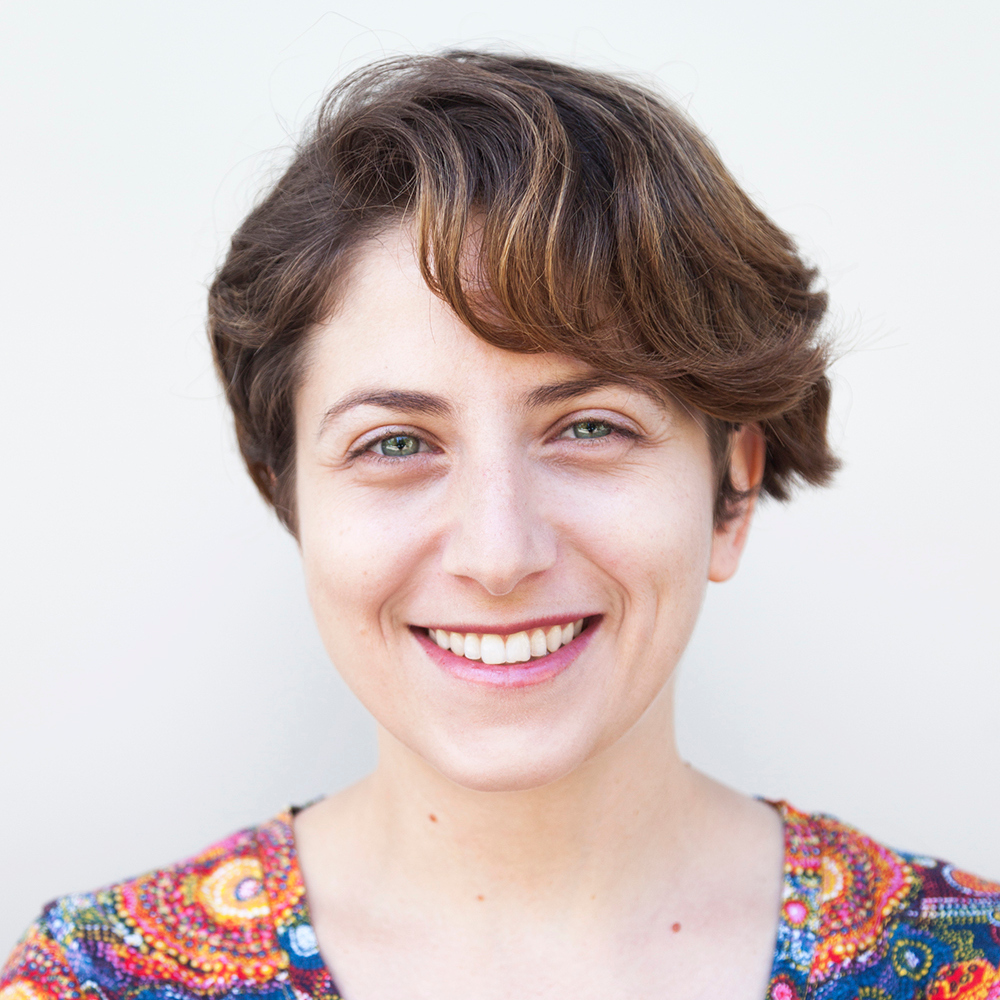
Dr. Petrova is a broadly trained molecular biologist with extensive expertise in LCMS and metabolomics. She worked as a metabolomics expert at prestigious institutions such as MIT and Harvard Medical School (HMS) as well as a lecturer at Northeastern University and the Cambridge Centre for International Research. Recently, Dr Petrova assumed the position of Director of the Research Metabolomics Core Facility at MedUni Vienna. As a postdoc at MIT, research on Drosophila oogenesis and Toxoplasma gondii drug resistance sparked her interest in metabolomics and LCMS. At Boston Children’s Hospital and HMS, as a staff scientist, she established the metabolomics mass spectrometry facility for the lab of Dr. N. Kanarek. She applied metabolomics to various biological inquiries, including cancer, neuroinflammation, developmental biology and more, both in basic and clinically relevant settings.
Piotr Widlak, Medical University of Gdańsk
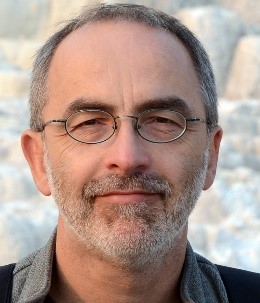
Prof. Piotr Widlak holds an M.Sc. in Molecular Biology, a Ph.D. in Biomedicine, a habilitation in Biochemistry, and a professorship in Medical Sciences. He conducted post-doctoral research at the Karolinska Institute and UT Southwestern Medical Center. In 1997, he joined the Maria Sklodowska-Curie National Research Institute of Oncology, serving as Deputy Director for Research and Chairman of the Center for Translational Research and Molecular Biology of Cancer. Since 2022, he has been the Director of the Clinical Research Support Centre at the Medical University of Gdańsk. Prof. Widlak has authored around 200 peer-reviewed papers, focusing on molecular oncology, particularly cellular stress responses and the role of extracellular vesicles in cancer.
Lilla Turiák, HUN–REN Research Centre for Natural Sciences
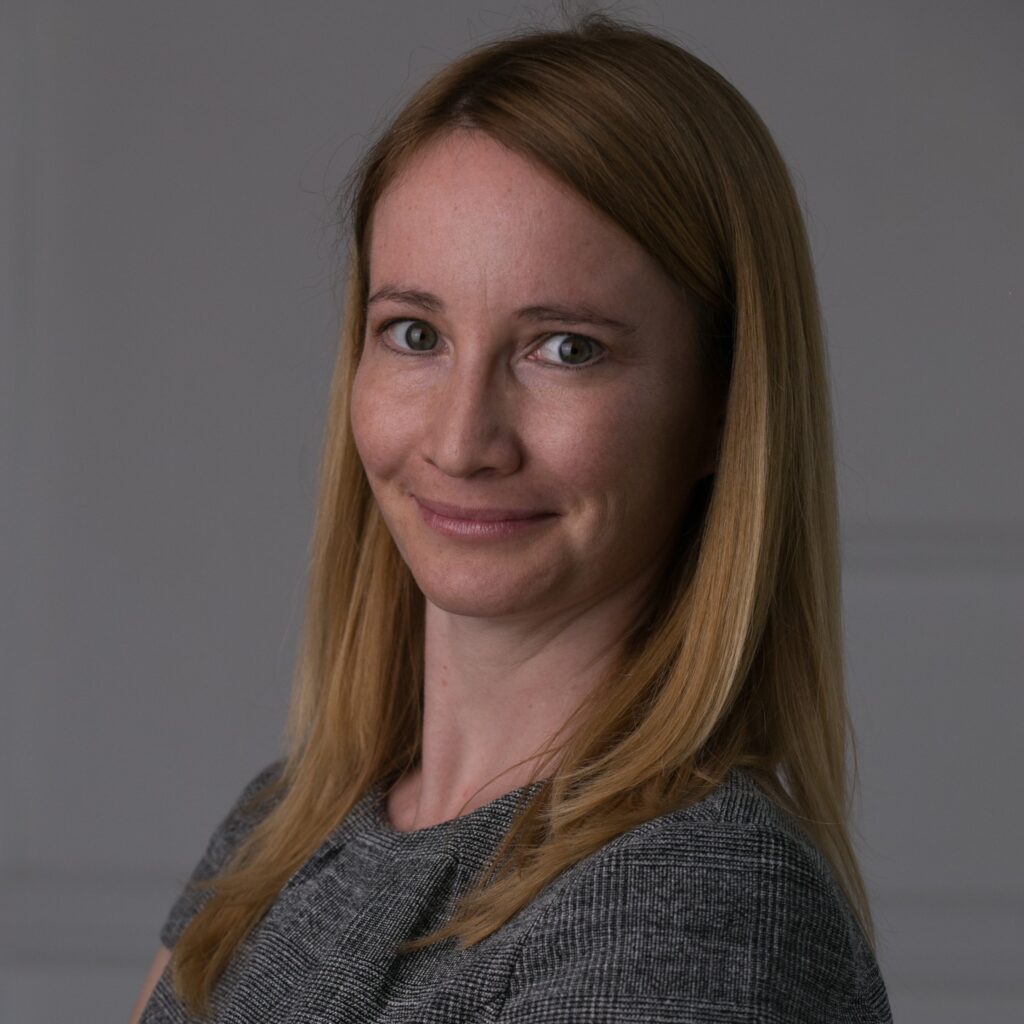
Lilla Turiák is a senior research scientist and recently appointed group leader of the Glycan Biomarker Research Group of the HUN-REN Research Centre for Natural Sciences. She obtained her PhD degree from Semmelweis University in Budapest, Hungary working on the proteomics analysis of extracellular vesicles. Between 2013 and 2015 she conducted postdoctoral research at Boston University in Prof. Joseph Zaia’s group developing a serial enzymatic digestion method to analyze various compounds from tissue surfaces for subsequent HPLC-MS analysis. Her recent research focuses on the proteomics, glycoproteomics, phosphoproteomics and glycosaminoglycan analysis of small tissue sections and biopsies as well as extracellular vesicles isolated from lung cancer cell lines using mass spectrometry to identify molecular alterations occurring in lung cancer.
Christoph Messner, University of Zürich
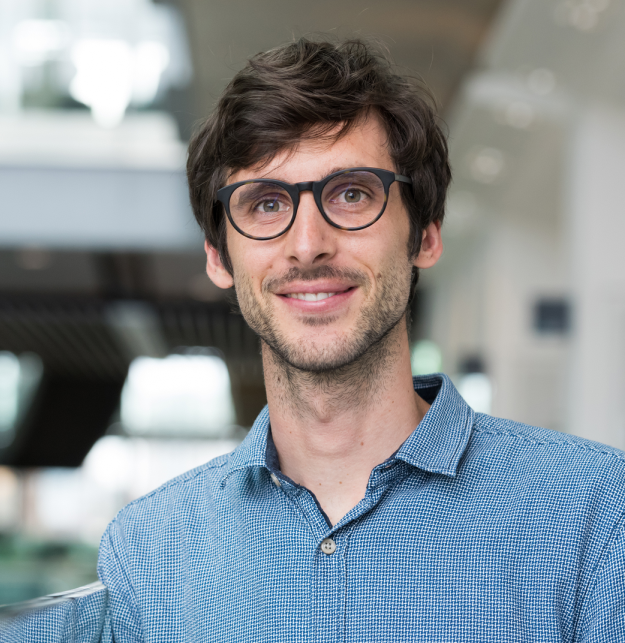
Christoph Messner is an Assistant Professor for Precision Proteomics at the University of Zürich and head of the Precision Proteomics Center at the Swiss Institute of Allergy and Asthma Research (SIAF). Christoph completed a PhD in analytical chemistry at the University of Innsbruck in 2015. He undertook postdoctoral training in Markus Ralser’s group at the University of Cambridge and at the Francis Crick Institute in London. Christoph then worked for Biognosys as a scientific project manager before joining the University of Zürich in 2022. Christoph’s research focuses on the development of high-throughput proteomics technologies and its applications in biomarker discovery and systems biology.
Elisabeth Varga, University of Veterinary medicine Vienna
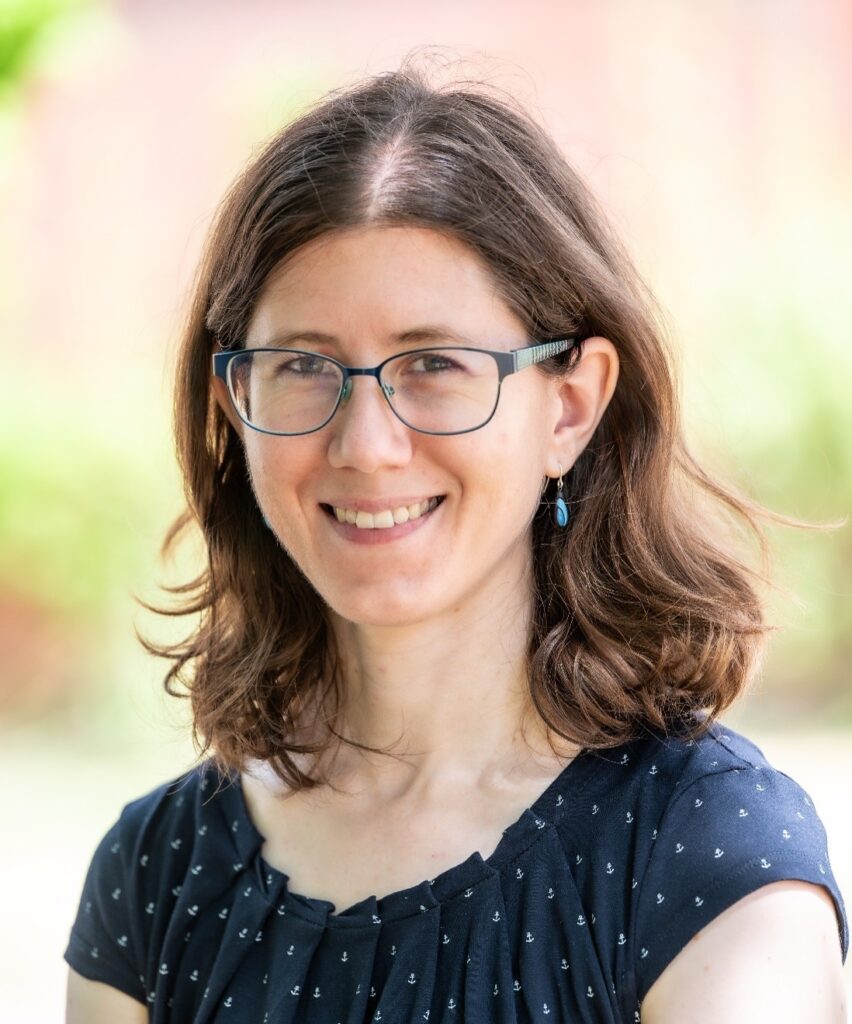
Elisabeth Varga studied “Safety in the Food Chain” at BOKU University where she also obtained her PhD in the area of mycotoxin research. After several research stays abroad and working at the Faculty of Chemistry of the University of Vienna for almost five years, she is currently an assistant professor in the area of Analytical Chemistry with focus on Food and Environmental Analysis at the University of Veterinary Medicine, Vienna. She is working at the interface of analytical chemistry and toxicology with liquid chromatography coupled to mass spectrometry as her primary technique of choice. Beside small molecule biotoxins, her interests are potentially ichthyotoxic microalgae in particular from the genera Prymnesium, Karlodinium and Alexandrium.
Jürgen Hartler, University of Graz
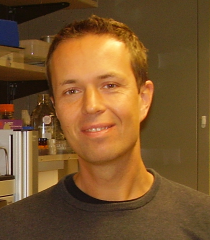
Jürgen Hartler is a bioinformatician specializing in the development of algorithms and tools for mass spectrometry data analysis, particularly for metabolomics and lipidomics. He has been awarded a DOC and Max Kade fellowship by the Austrian Academy of Sciences, the latter allowing him to work at the LIPID MAPS laboratory at UC San Diego. His achievements in lipidomics were recognized by the Stefan Schuy award (ÖGBMT) and the Mattauch-Herzog award (DGMS). Currently, he is an assistant professor at the University of Graz, heading the Computational Pharmacology group and serving as deputy director of the Doctoral School of Pharmaceutical Sciences. He also focuses on MS data annotation, lipidomics data standardization, and quality assessment methods.
